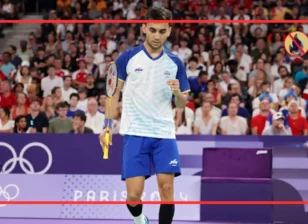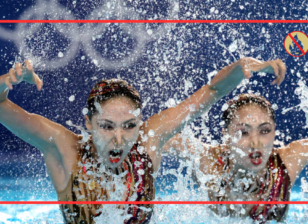French attitudes towards immigration
French attitudes towards immigration are a complex tapestry woven from various threads. Rooted in the nation’s history, French immigration policy has historically leaned towards an assimilationist approach. It emphasizes integration into French society. Migration patterns have shaped public perceptions and political narratives, with refugees and migrants sometimes facing mixed responses.
Public opinion polls often reveal a dichotomy between positive attitudes towards immigrants. Their contributions as hard workers and negative attitudes influenced by the ‘Us against them’ narrative. Immigration and Islam, often intertwined, have fueled ideological right-wing debates on multiculturalism and national identity.
Balancing assimilation and cultural differences remains a challenge. As France seeks to preserve its national culture while embracing diversity. Learning the language is a key aspect of integration and preserving national identity.
Historical context
To understand modern French attitudes towards immigration, it is crucial to consider historical factors. France has a deep-rooted history of immigration, with waves of newcomers arriving throughout the 20th century. Post-World War II, France welcomed migrants from its former colonies, primarily in North and West Africa. The labor shortages of the 1960s prompted a significant influx of workers. It is contributing to the nation’s diverse demographic landscape.
French Immigration Policy
French immigration policy has evolved significantly over the years. From the colonial era to the present day, it has shaped the country’s demographic landscape. Today, it reflects a delicate balance between humanitarian concerns and national interests. Policies have been influenced by the need for labour, refugee crises, and the aspiration to maintain social cohesion.
Assimilationist Approach
France has historically taken an assimilation approach to integration. This policy encourages immigrants to adopt French language, culture, and values. The idea is to create a unified, homogeneous society where everyone identifies as French first and foremost.
Integration and Migration Patterns
The process of integration varies depending on migration patterns. France has seen waves of immigration from former colonies, neighbouring European countries, and, more recently, refugees from conflict zones. These diverse backgrounds contribute to the complexity of integration efforts.
Refugees and Immigration Migrants
Refugees, in particular, have been at the centre of the immigration debate. While there is empathy for those fleeing war and persecution, concerns about their integration into French society persist. Migrants, whether economic or political, face distinct challenges on their path to integration.
Public Perception and ‘Us Against Them’ Narrative
Public opinion polls offer insights into the complex web of attitudes towards immigration in France. While some polls reveal positive attitudes(2014-18) towards immigrants, others highlight negative attitudes, revealing a divided society. An ‘us against them’ narrative has emerged in some political discourse, pitting native French citizens against immigrants. This divisive rhetoric often oversimplifies complex issues and can hinder integration efforts.
Integration into French Society
The integration of immigrants into French society is a multifaceted process. It involves learning the language, understanding and respecting cultural differences, and finding employment. Many immigrants successfully assimilate, but challenges persist, particularly for those from non-European backgrounds.
Ideological Right and Multiculturalism
The ideological right in France often advocates for a more restrictive approach to immigration and opposes multiculturalism. They argue that it dilutes national identity and undermines the assimilationist model.
Immigrant Contributions and Hard Workers
Immigrants have made significant contributions to French society, both economically and culturally. They are often described as hard workers who have played a vital role in the nation’s growth and prosperity. Recognizing these contributions is essential for a more nuanced discussion of immigration.
National Identity, Cultural Differences and Learning the Language
The concept of national identity is at the core of the immigration debate. France grapples with preserving its rich cultural heritage while embracing the multicultural reality of its society. Striking the right balance is challenging. Learning the French language is a crucial aspect of integration. Language is seen as a gateway to understanding and participating in French society. However, debates persist over how language proficiency correlates with national identity.
Conclusion
French attitudes towards immigration are multifaceted, shaped by historical context, political narratives, and public opinion. While some embrace the idea of multicultural enrichment and recognize the contributions of immigrants. Some others are wary of perceived threats to national identity. The delicate balance between assimilation and multiculturalism remains a challenge for France. It continues to navigate the complexities of immigration in the present century.





